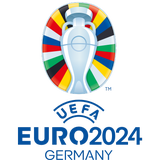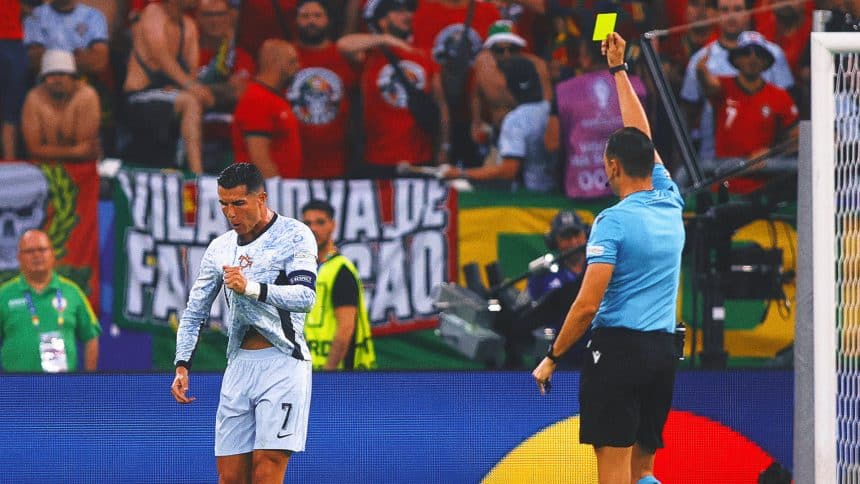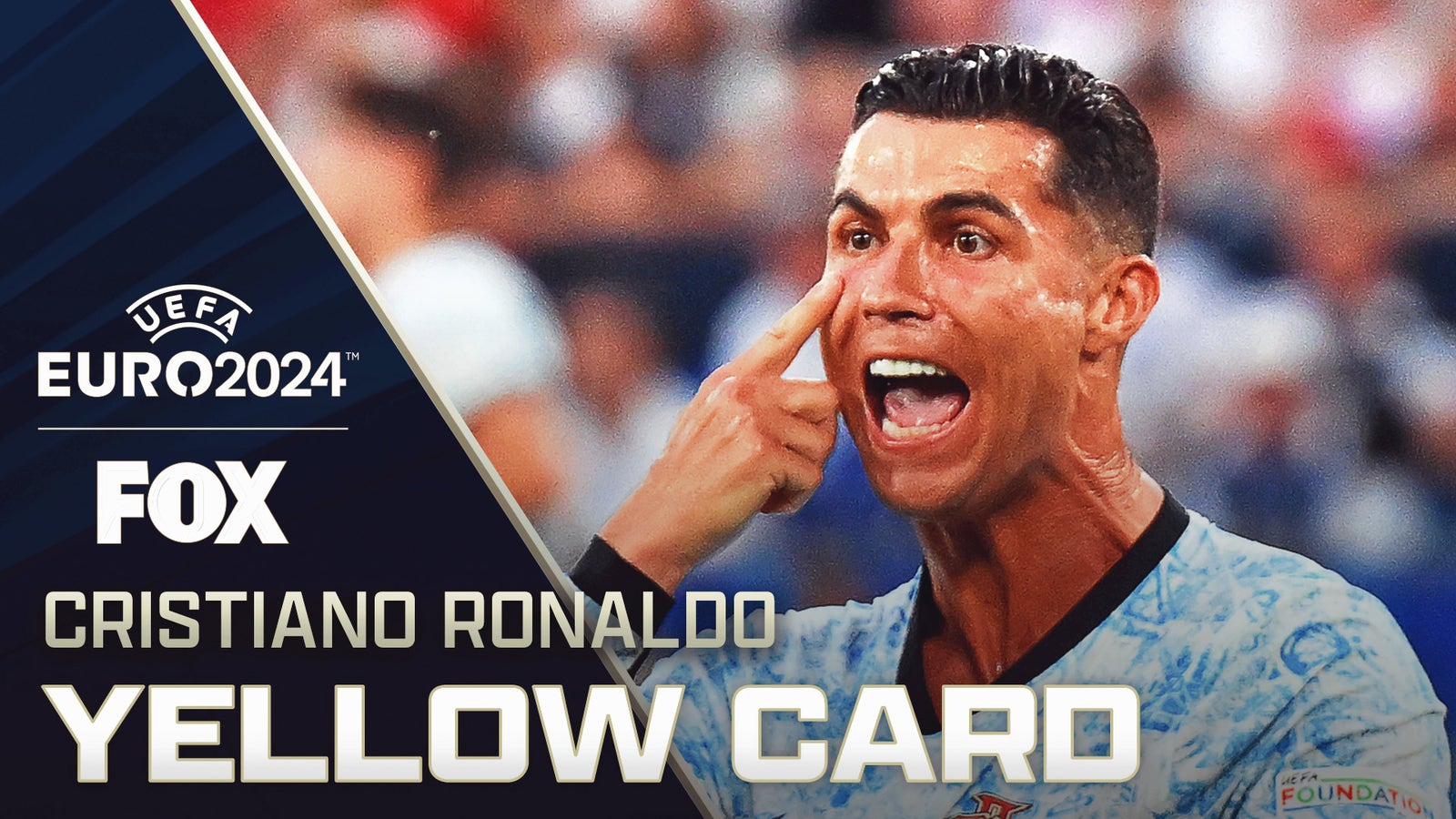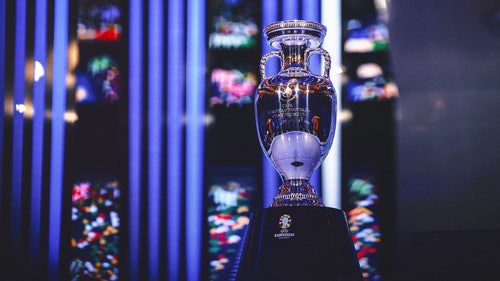Referees taking stricter action on tactical fouls drove a spike in yellow cards shown at the European Championship, UEFA’s head of match officials said Friday.
A crackdown on backchat to the referee — including a booking for Cristiano Ronaldo — also pushed up the number of yellow cards to 166 shown during the 36 group-stage games, compared to 98 at the same stage of the previous edition.
Tactical fouls break up a fast counter by the opposition by committing an offense to force the referee to stop play.
The tactic has been associated with Fernandinho, the former Brazil and Manchester City midfielder, whose defensive duties and willingness to foul opponents allowed more teammates to commit to attack.
ADVERTISEMENT
“It’s about yellow cards for stopping a promising attack,” UEFA managing director of referee Robeto Rosetti told reporters at an online briefing. “Referees are more alert about this kind of tactical foul.”
Rosetti said 35 yellow cards were shown for tactical fouls during the group stage in Germany, a more than four-fold increase on eight at the same stage of Euro 2020.
The overall rate of yellow cards stands at 4.6 per game compared to 2.7 at the last tournament.
UEFA promised to show yellow cards to players who defied a pre-tournament order that only captains should approach the referee to debate a decision. UEFA wanted to avoid teams mobbing and trying to intimidate match officials.
So far, there have been 19 yellow cards for dissent compared to 10 at the Euro 2020 group stage. A slew of 18 yellow cards in the Czech Republic–Turkey game that closed the group stage Wednesday evening also raised the average.
Rosetti showed video clips of referees gesturing with an extended arm and hand raised to warn players to back off if they seemed ready to dispute a decision.
“It is a new gesture — strong, proactive. This says: ‘Don’t come.’” said Rosetti, an Italian former referee whose own career peaked when handling the Euro 2008 final.
Feedback from players, Rosetti said, suggested the new strict stance on debating with the referee is “extremely positive for football” and would help educate the next generation in showing more respect.
Quizzed about specific decisions at games, Rosetti said the English match officials were right to disallow a Netherlands goal because France goalkeeper Mike Maignan was impeded by Denzel Dumfries standing offside.
The game ended 0-0 and both coaches, Ronald Koeman and Didier Deschamps, said the video review of at least two minutes took too long.
“The element of improvement is the duration of the review. It can be less,” Rosetti acknowledged, though adding: “Always we support accuracy.”
In the next France game, Maignan saved a penalty by Robert Lewandowski that was ordered retaken because he was lured into encroaching off his line by the Poland captain’s stop-start, stutter-step approach.
“According to the laws of the game, the penalty is taken in the correct way,” the UEFA official said of Lewandowski’s tactic.
Rosetti was visibly agitated by a series of questions from British media about Scotland not being awarded a penalty late on against Hungary when the score was 0-0 and both teams needed a win. Hungary later scored in the 10th minute of stoppage time but both were still eliminated.
“You are insisting, yeah?” Rosetti said. “Italian journalists are also very, very aggressive.”
He explained the video assistant’s review concluded no penalty should be given because “the attacker changed direction toward the defender. In his opinion, it was just a physical contact trying to challenge the defender.”
Reporting by The Associated Press.
recommended

Get more from UEFA Euro Follow your favorites to get information about games, news and more




















